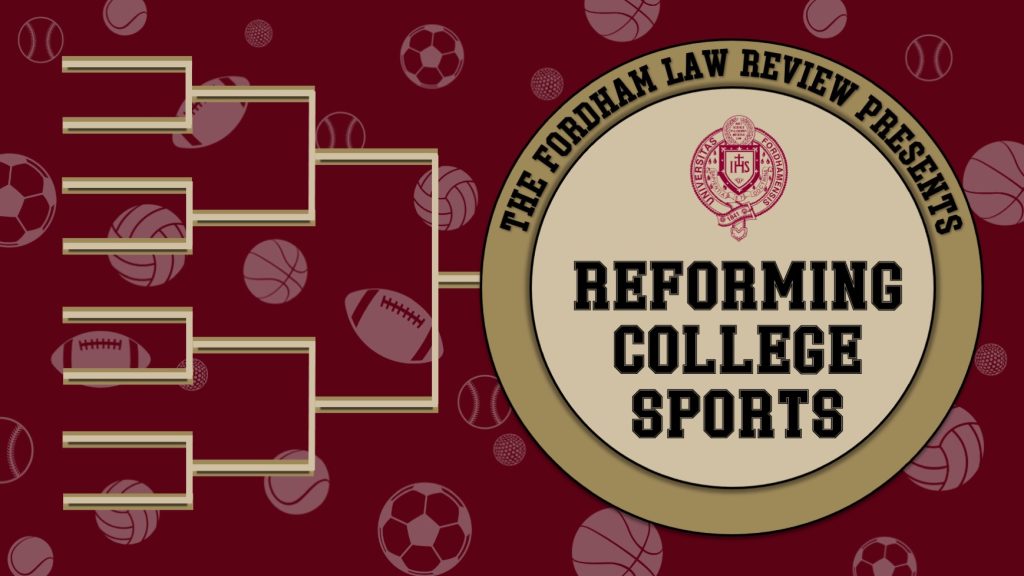Spring 2025 Symposium
Remedies for Looted Art and Cultural Property—Civil, Criminal or Consensual?

Friday, February 28, 2025
8:30 – 9:00 a.m. | Check-in
9:00 a.m. – 4:00 p.m. | Program
In-Person and on Zoom
Fordham Law School
Costantino Room (Second Floor)
150 West 62nd Street
New York, NY 10023
This is a moment in time when we as a society, in New York, nationally and internationally, are reexamining how we address looted art and cultural property. The Symposium will draw together discussion of Holocaust-era looted art and cultural property, antiquities taken in the Colonial-era and subsequently, as well as Native American cultural and religious artifacts, ancestors, and repatriation. There have been major developments recently in all these areas making this Symposium singularly appropriate at this point in time, and courts are increasingly being confronted with these issues. The Symposium will bring together diverse perspectives on issues of legislation, litigation, law enforcement, and societal examination of history, and will look at common themes of law and policy in these fields in order to examine where we are and to discuss potential future directions.
To register, please click here.
CLE credits are available.
Fall 2024 Symposium

Friday, November 1, 2024
Fordham Law School
Costantino Room (Second Floor)
150 West 62nd Street
New York, NY 10023
The U.S. college sports industry produces $19 billion in annual revenue. Some colleges bring in more than $100 million per year from their athletic programs, more than some National Hockey League teams. Nevertheless, the college athletes who provide the physical labor force for intercollegiate sporting events have historically rarely been paid. While some college coaches and athletic directors bring home salaries that far exceed seven figures, National Collegiate Athletic Association (NCAA) member schools continue to label college athletes as “amateurs” and “student-athletes” in hopes of avoiding legal obligations.
At present, the college sports industry is on the precipice of major change: not based on voluntary reform by NCAA member schools, but rather as a result of state legislative efforts, private antitrust lawsuits, and efforts to organize college athletes through unionization. These legal activities present a promise of creating a more equitable system of college sports in America, both in terms of the promotion of free labor markets and in terms of racial and gender equity. This symposium, featuring leading academics and practitioners in the field, will explore the reforms that lurk on the horizon in college sports, as well as the reasons why college athlete rights truly constitute human rights.

